News Articles

Improving T-cell responses to vaccines (link is external)
Penn Vet and Penn Medicine researchers have modified mRNA vaccines to include the cytokine IL-12 and improve T-cell responses which could improve the body’s ability to fight infections.
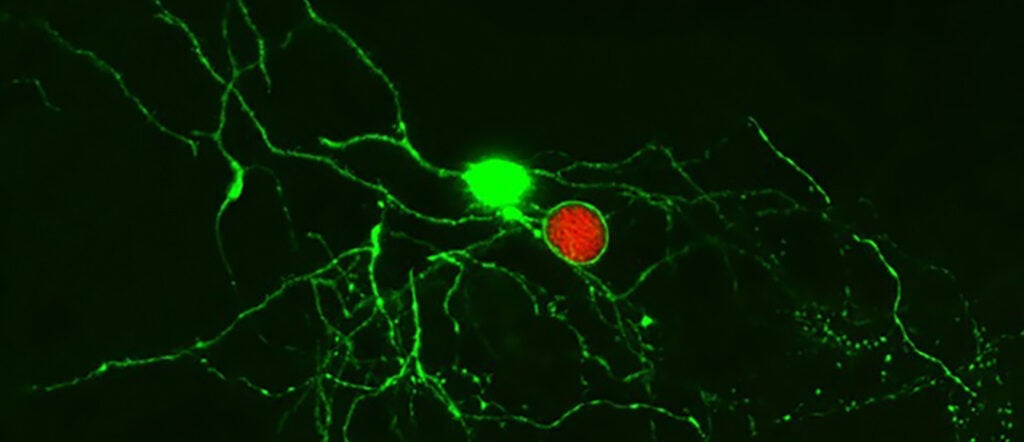
Understanding the immune response to a persistent pathogen (link is external)
Penn Vet researchers show that the immune system can recognize and control the latent stage of the parasite Toxoplasma gondii, a finding that can inform the study of latency in…
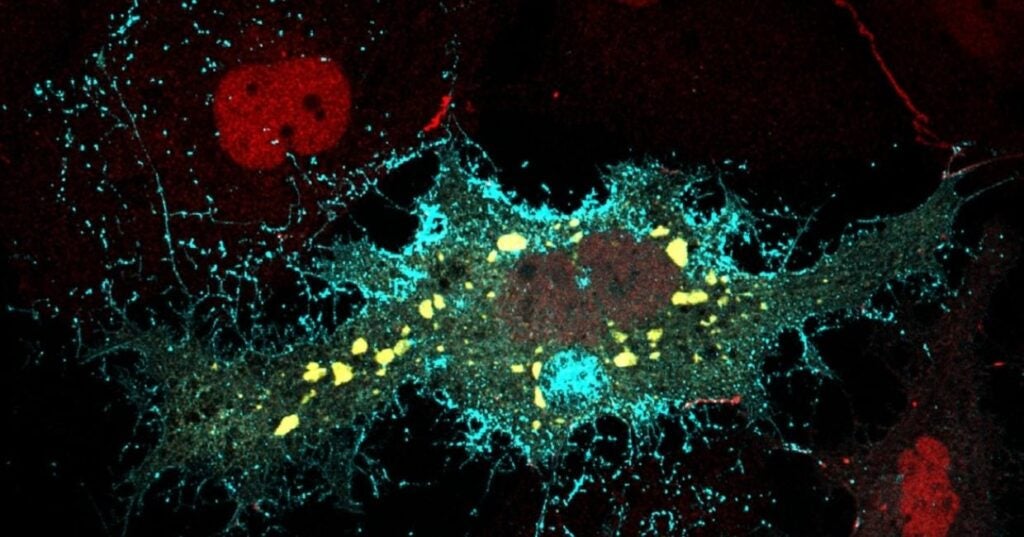
Research on key host pathways has implications for Ebola and beyond (link is external)
Mortality rates from Ebola outbreaks can be as high as 90%, according to the Centers for Disease Control and Prevention, and 55 people died in the most recent outbreak in…
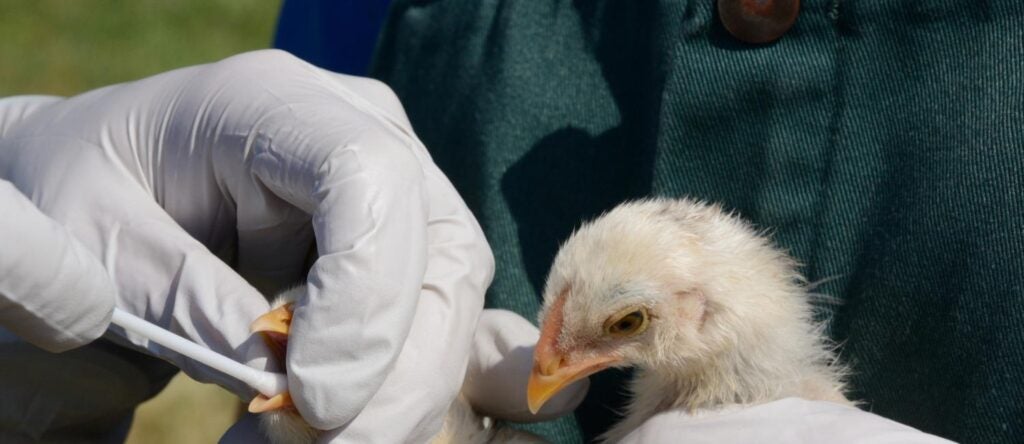
What to know about the current avian influenza outbreak (link is external)
Louise Moncla and Aliza Simeone of Penn Vet and Kathleen Hall Jamieson of the Annenberg Public Policy Center share helpful information for the public.

How deadly parasites choose to be male (link is external)
Penn Vet researchers reveal the gene expression across the life cycle of Cryptosporidium and identify the determinant of maleness.

A hopeful time for Cryptosporidium research (link is external)
Boris Striepen of Penn Vet organized the First Biennial Cryptosporidium Meeting, bringing together researchers and clinicians from around the world to discuss the problems and progress around the parasite and…
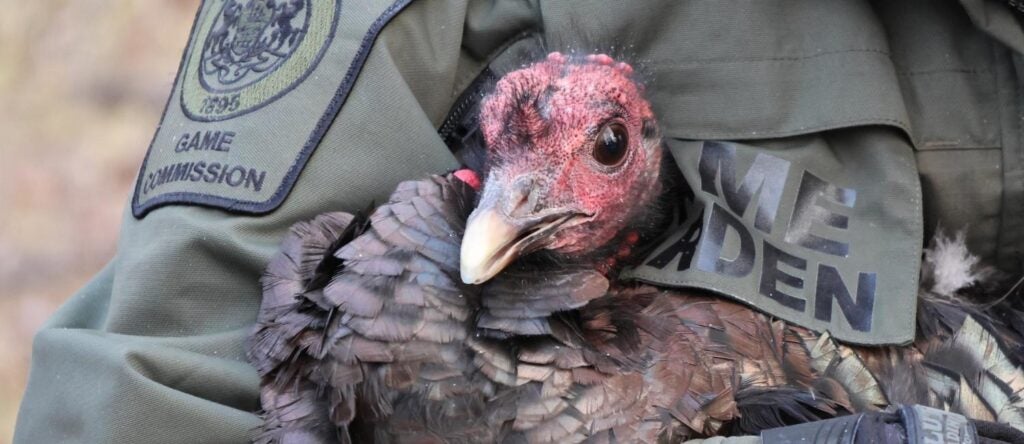
Understanding disease prevalence in Pennsylvania wild turkeys (link is external)
Researchers from Penn Vet’s Wildlife Futures Program are collaborating with the Pennsylvania Game Commission and Penn State on a multi-year turkey study.

Uncovering the role of skin microbiome and immune response in cutaneous leishmaniasis (link is external)
Two new studies led by Phillip Scott of the School of Veterinary Medicine and Elizabeth Grice of the Perelman School of Medicine demonstrate how bacteria found in leishmaniasis skin lesions…
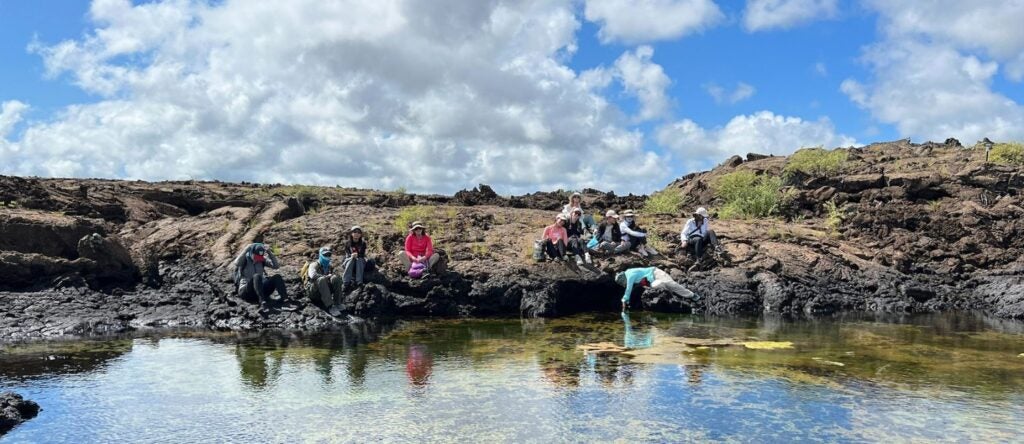
Social ecology and community work in the Galápagos (link is external)
Daniel Beiting, PhD, associate director of the Institute for Infectious and Zoonotic Diseases, expanded his work this summer in the Galápagos, giving Stephanie Sila, V’25, an ideal opportunity to gain…
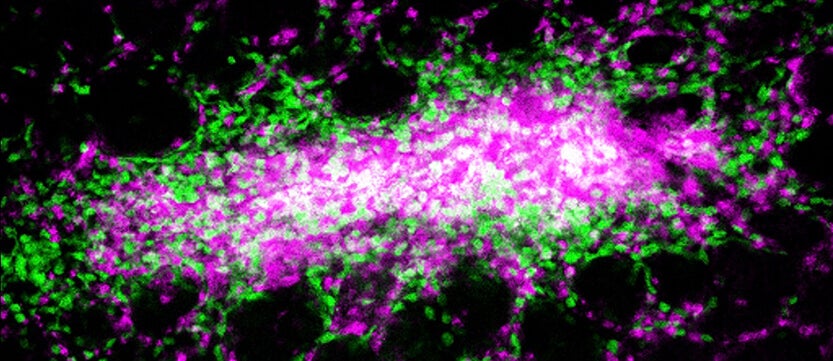
The immune system does battle in the intestines to keep bacteria in check (link is external)
New research from Penn Vet demonstrates that Yersinia pseudotuberculosis, a relative of the bacterial pathogen that causes plague, triggers the body’s immune system to form lesions in the intestines called…
